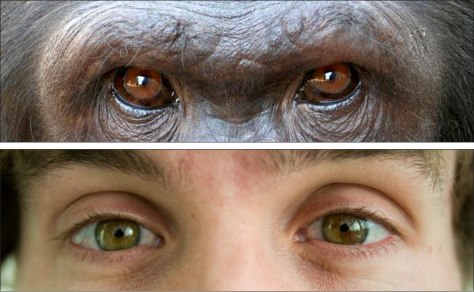
Originally Posted by
Avebury

Some people think fairness is everyone having the same piece of the pie, for others, it is keeping what you earn, even if it means some people have a bigger piece of the pie.
While I think this can in part be explained by emotional biases (see Haidt's theory of moral sentiments), I think these differences in perspective actually stem from a different vision of humanity.
From the Marxian standpoint, it doesn't make sense that some people earn more than others, since Marx's view of humanity was that we are all part of historical forces anyways, and historical forces depend on material ones to him. And it is true that if you look at humanity from a purely materialistic pov, we're all basically equal in our capacity to push buttons and pull levers (unless you have a physical handicap of some sort).
From the Objectivist standpoint, we're not all equal since to Ayn Rand, what to creates wealth was not historical forces but the mind, and few people would argue we are all equal in terms of our mind's capacity: most people don't have the mind of Steve Jobs or Elon Musk.
So considering humans from a different viewpoint will change one's view of what outcomes are fair or unfair. I find that Christians (since you mention God) believe different things, protestants have the view that hardwork is good and thus capitalism rewards hard work (see Max Weber) whereas catholics see money as evil, catholic countries like France and Italy have a harder time accepting capitalism than anglo-saxon countries, at least accepting it on a moral level.
It will depend on your basic philosophy, what you consider fundamental in believing what makes humanity what it is that will infleunce what you consider to be fair or not fair. It's possibly even more fundamental than emotional prejudice, and yet, who would deny people choose their philosophical outlook based on its implications? So maybe Haidt's theory is correct after all...I don't know, maybe it's a chicken and egg thing (did our philosophy come first, or our emotional biases)? Yeah, I think our emotional bias comes first...I'll stop here.



 Reply With Quote
Reply With Quote


 PoLRs knew it all along..
PoLRs knew it all along..



